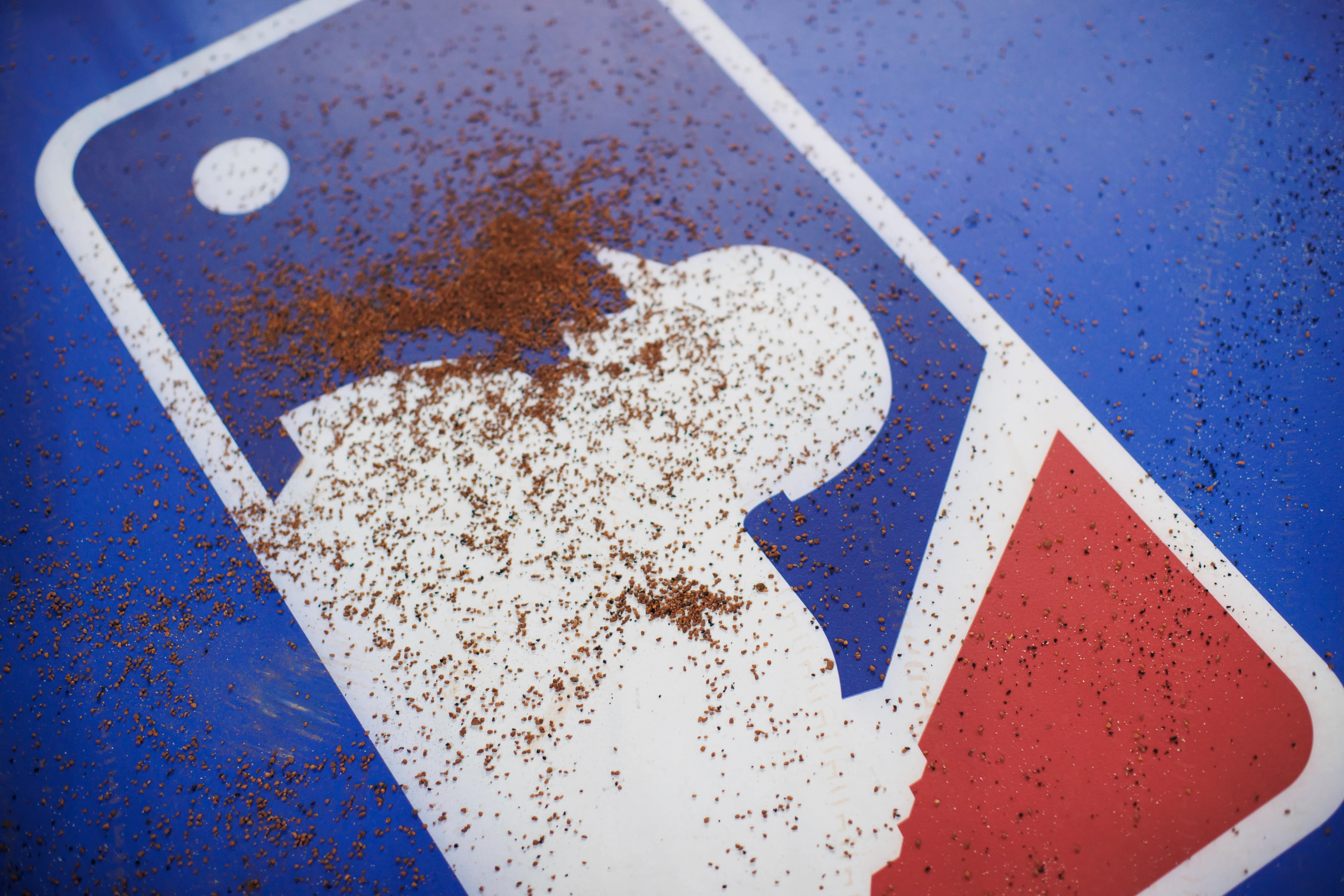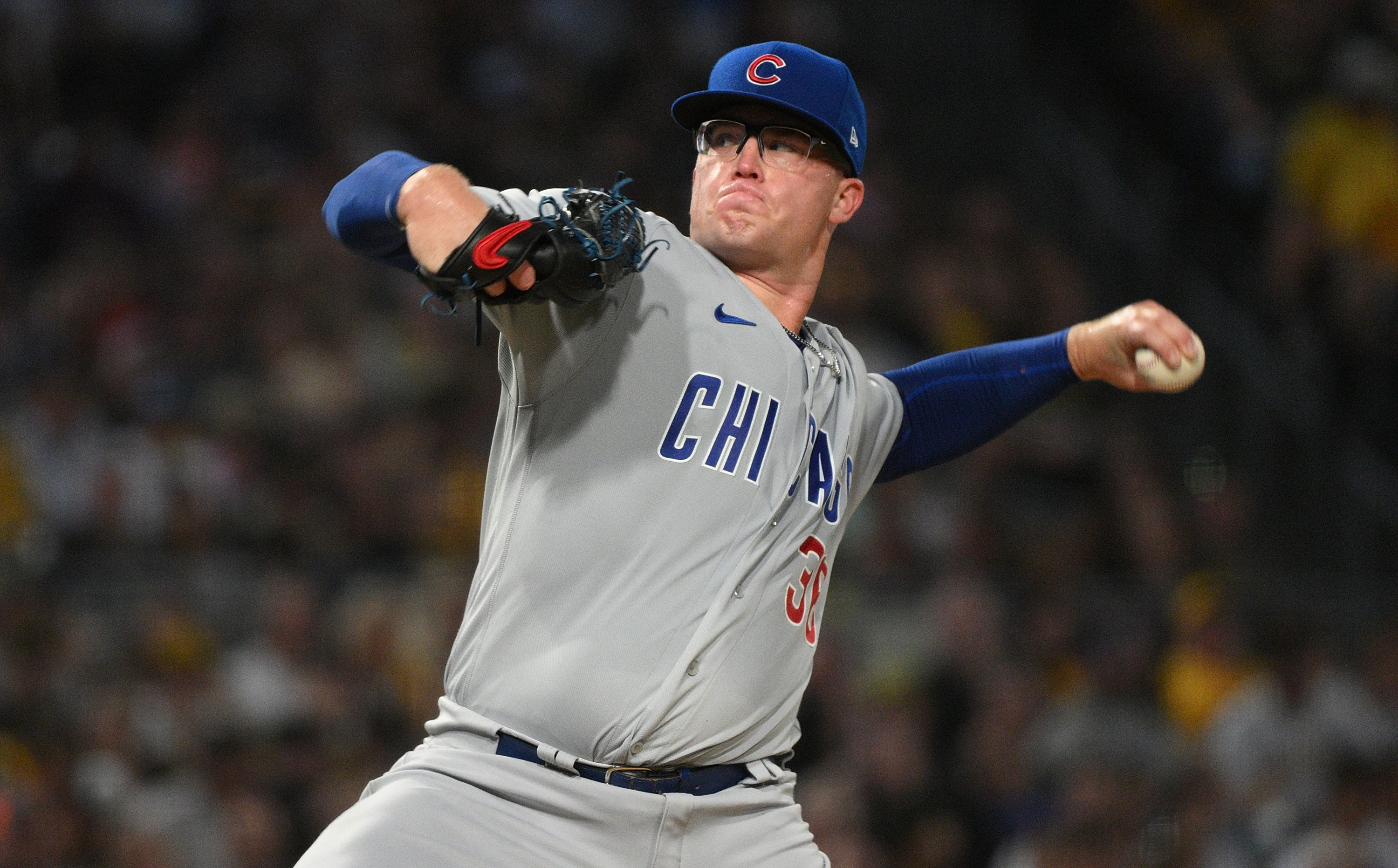The rhetoric sounds harsh. The sides aren’t close. And the chances look bleak for baseball owners and players to reach an agreement to play baseball as the week closed without a counterproposal from the union since Tuesday’s "extremely disappointing" ownership proposal.
If this past week was the most important week for Major League Baseball in 25 years, as some said, what does that make the coming week as MLB tries to salvage a season during a pandemic with an early July start?
The edge of the abyss, maybe?
But as dire as the situation looked based on the massive gap left to close between the sides’ negotiating positions as of Friday, at least a few indications at week’s end pointed to reasons for optimism a season can be played.
RELATED: What a 2020 Cubs season might look like if MLB, union reach agreement
First, too much is at stake on both sides to let the season be scuttled over financial haggling, perhaps especially for the owners, who have at least hundreds of millions of dollars at stake short-term and billions long-term if an already shaky competitor for America’s entertainment attention goes dark for a full season.
Second, deadlines have a way of turning stalemates into serious dialogue.
MLB
MLB has internally discussed three weeks of “spring training” before starting a three-month season — up to four weeks for pitchers — and that makes a June 10 target date for assembling players especially important (3 1/2 weeks before July 4).
And while nobody on either side is willing to risk suggesting a hard deadline for an agreement with so much at stake, Monday has long been considered a soft deadline, and the planned ramp-up time makes every day beyond that a faster-ticking clock toward potentially catastrophic damage to the sport.
While the union is more amenable to pushing back the start of a season and playing longer if necessary, starting later than early July gets increasingly risky from the MLB standpoint — whose main financial incentive for playing a season without fans is the nearly $1 billion of national TV money to recoup, most of it for the postseason.
Every additional week the start is pushed back increases the risk of a coronavirus outbreak within the game (or a second wave nationwide in the fall) that abruptly ends the season — and shortening to less than half its normal size makes it almost impossible to justify calling it a legitimate season.
But even beyond the logical reasons surrounding timelines and motivation, maybe the rhetoric isn’t even as bad as it sounded at times last week as negotiating positions, details and even internal memos were leaked.
Even Scott Boras, the player agent who in a private email to clients used the Cubs as an example of teams financially stronger than they admit when talking about losses, emphasized Friday he was not criticizing the Cubs in the email that apparently was leaked by a player.
“They did a smart thing. I’m not saying they did anything wrong,” he said in a conversation with NBC Sports Chicago. “The truth is we want organizations like the Cubs to run their businesses effectively and efficiently as they are doing, and certainly their choice of investing their revenues rather than paying off the debt of purchase is their choice, and I’m sure it’s a good choice.
“But those choices do not reflect the profitability of the team and the value of the players to the club who support the dramatic revenue that they’re making from the players’ performances.”
RELATED: How the Cubs became unwilling symbols in union's fight against MLB owners
Boras certainly has his share of critics in the industry. Even a player, Reds pitcher Trevor Bauer, strangely targeted him this week, tweeting at him to “keep your damn personal agenda out of union business.”
But Boras, who has no direct involvement in negotiations, according to multiple sources, not only is right in this case, his agenda aligns with the union’s.
Maybe the players will have a compromise to offer in the coming week, beyond the prorated salaries already negotiated in March. But the economic future of the game and ability to sustain what has been a golden financial age for owners is in their owns hands right now.
It starts with the critical second step of staging a 2020 season. The first step? Back off the cries of billionaire poverty during an economic crisis that has crushed American workers and run the business with the same level of responsibility during a time of losses as the level of aggressive self-investment demonstrated during times of record revenues.
If nothing else, more transparency might be a good starting point for a week that has a real possibility of altering the course of the baseball in this country for a generation.
“The general principle of negotiating is really about good faith,” Boras said. “But when they open the door of the car for you and they know there’s no gas in the tank, you understand the invitation is pyrrhic.”
Click here to download the new MyTeams App by NBC Sports! Receive comprehensive coverage of the Chicago Cubs easily on your device.

